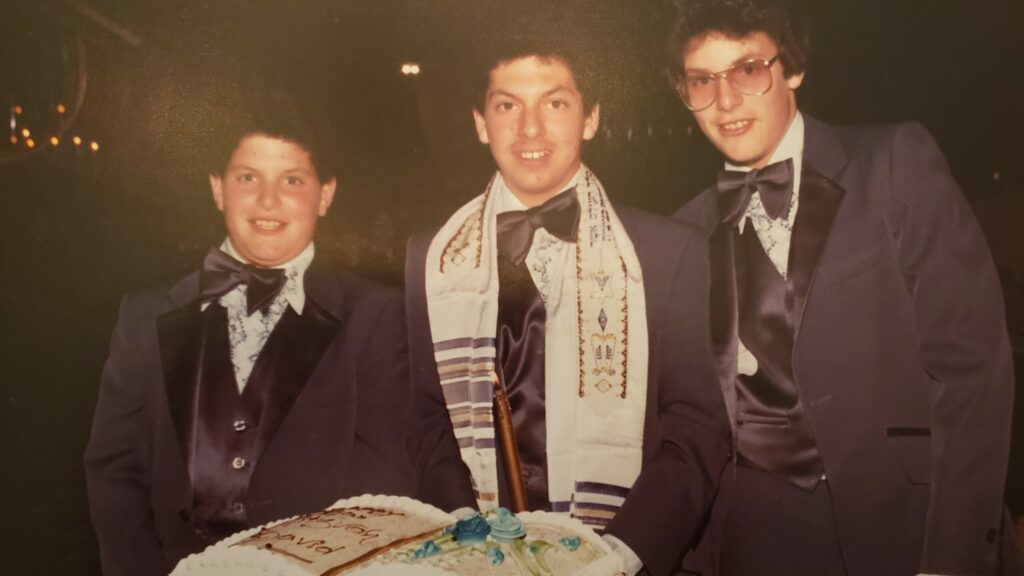
EUGENE NADELMAN: A Tale of the 1980s in Verse
"Our tale's debut / Takes place in 1982 / When I, for one, if not exactly / A double of our leading guy / Was like him, bookish, awkward, shy." - Coming of age in iambic tetrameter.

Now a Museum, the Synagogue was Meticulously Restored . . .
The synagogue is a mikdash me’at, a little sanctuary or temple. But what really makes a shul holy and how should they be remembered?
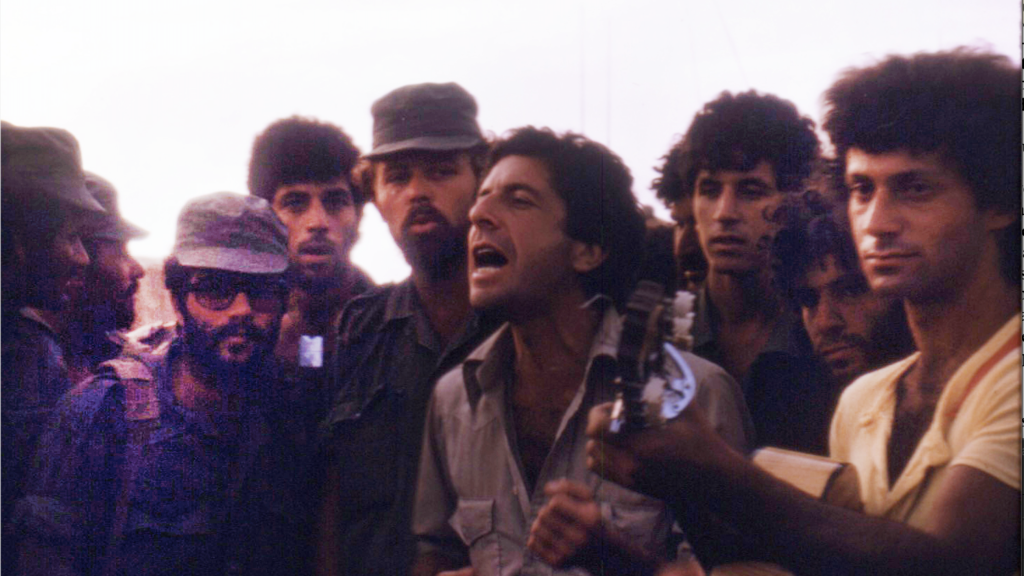
Secret Chord
When the Yom Kippur War started, Leonard Cohen left the Greek island of Hydra and headed for Tel Aviv. He was coming in solidarity but he was also looking for a way to sing again.

A Lone Soldier
Every year, when Yom HaZikaron, Israel’s memorial day, rolls around, the author thinks of an idealistic college student named Alex Singer who became a lone soldier in the IDF.

The Nazi Rosetta Stone
The interagency task force meeting at an elegant suburban estate was like any other such meeting, except for its agenda: the “final solution.”

Exodus from Kishinev
From Kishinev, Moldova to Israel with Ukrainian Jewish refugees.
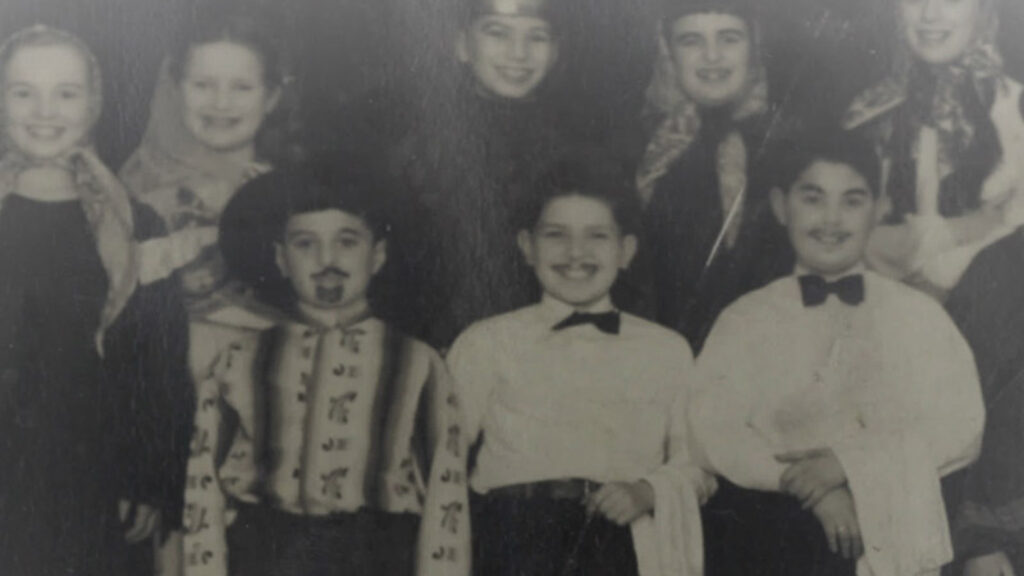
A Tale of Two Cohens: Purim in Montreal
Lyon Cohen wrote and starred in Congregation Shaar HaShomayim's first Purim spiel in 1885--and then led the Montreal Jewish community for half-century. His grandson Leonard didn’t exactly follow his lead, but he does have a big grin in the cast photo of the 1947 Purim Spiel.
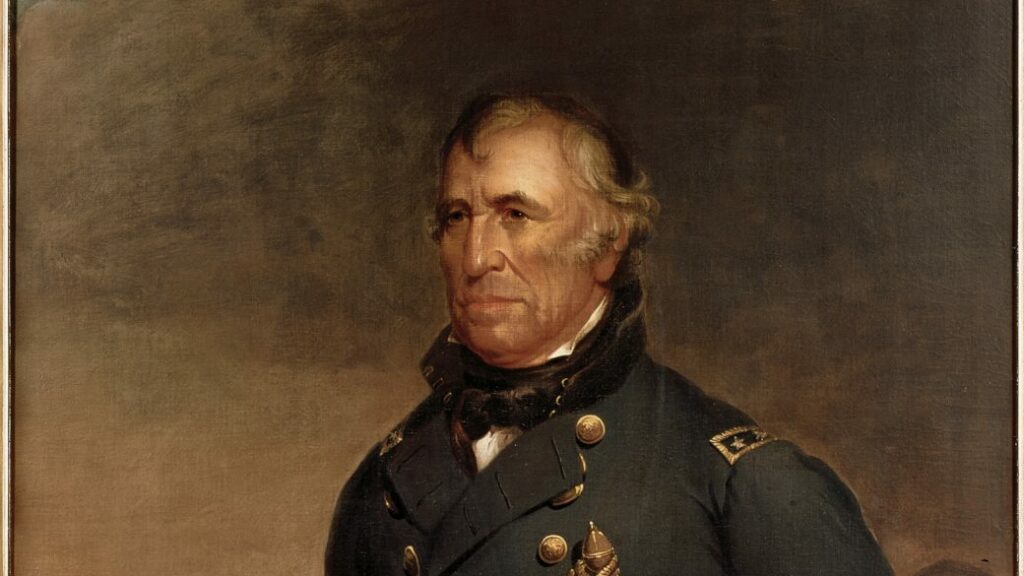
Of Presidents, Rabbis, and Pews
Isaac Mayer Wise was the first Rabbi to meet with an American President. The conversation made Wise a celebrity, it also led to him getting punched in his synagogue, losing his job, and changing the way Reform Jews prayed.
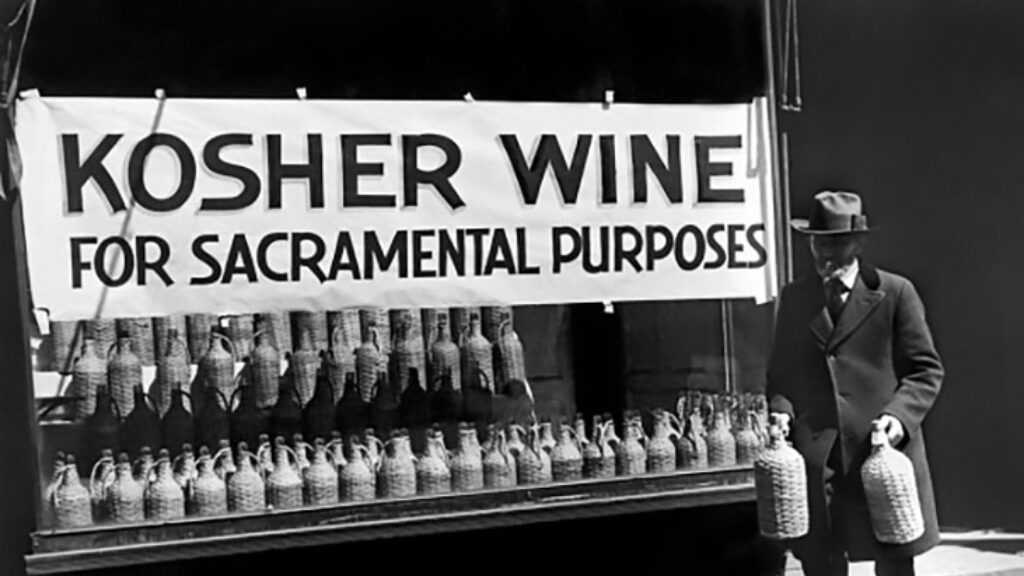
Lechaim!
Back in the 1960s, the Rheingold Corporation ran a bunch of TV commercials—mostly during baseball games, if I remember correctly—vaunting the popularity of its beer among all sorts of minority…

Sephardi Soap
With the runaway success of the novel The Beauty Queen of Jerusalem, a television adaptation was all but inevitable, and the decision of Yes Studios to invest record amounts of cash in the show, while eyebrow raising, is also unsurprising.